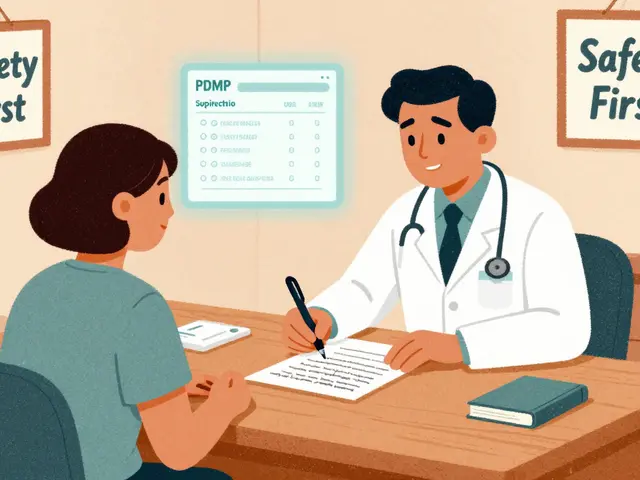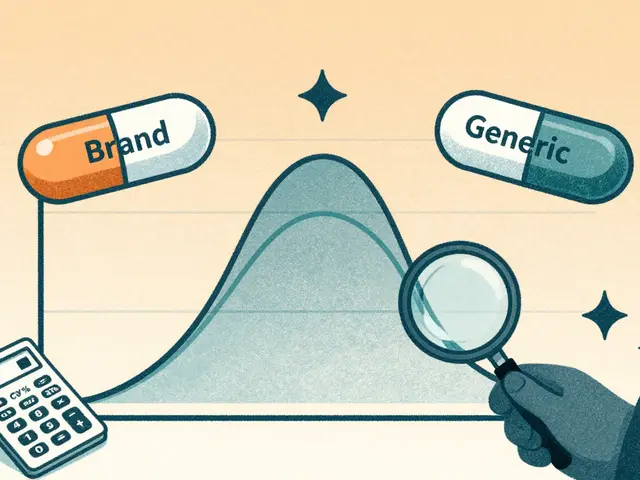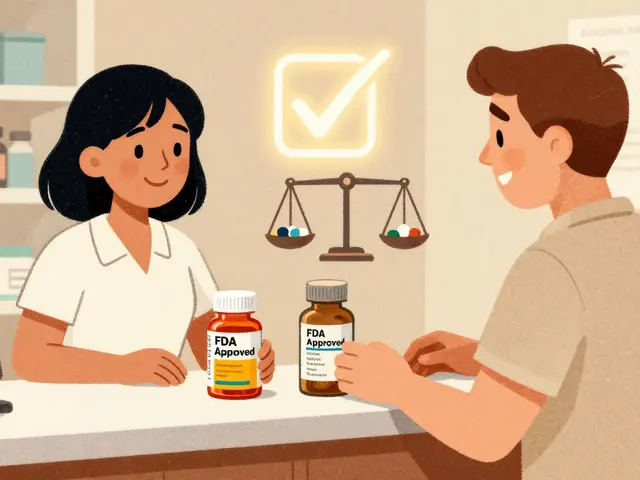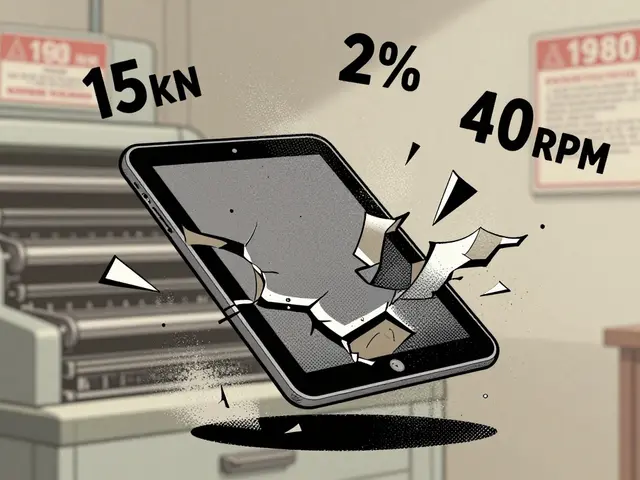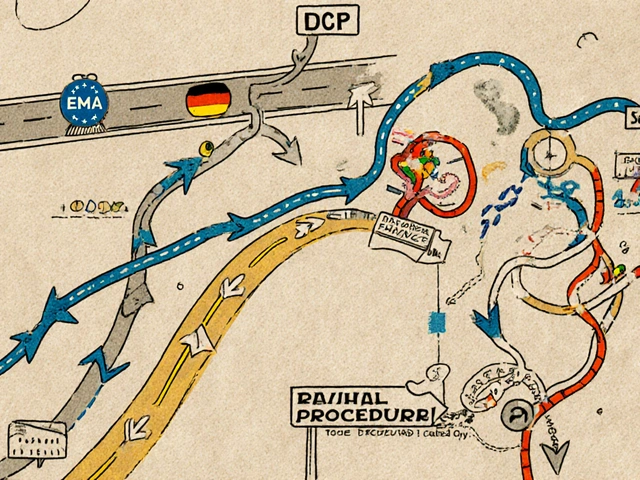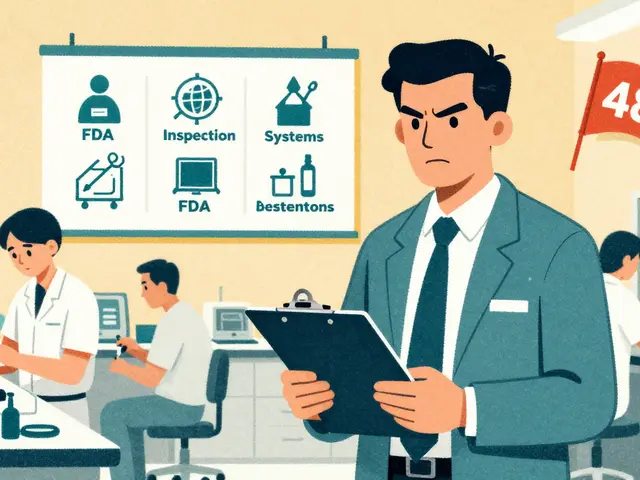Coping Strategies: Practical Ways to Manage Illness, Stress, and Meds
When health problems pile up, small coping steps matter. You don’t need big plans; consistent habits move the needle. Start with one thing you can control: sleep, movement, or medication timing. Fixing one habit boosts confidence and reduces overwhelm.
If you take prescriptions, make adherence simple. Use a pill box, set phone reminders, or link doses to daily routines like brushing teeth. Keep an up-to-date list of meds and dosages in your phone for appointments or emergencies.
Anxiety about buying medication online is real. Pick pharmacies that show clear contact info, require prescriptions, and display licence details. Compare prices but avoid deals that look too good to be true. If unsure, ask your clinic or local pharmacist for advice.
Breathing and grounding techniques help when stress spikes. Try box breathing: inhale four counts, hold four, exhale four, hold four. Do this for a minute to calm heart rate and clear thinking.
Build a simple routine for energy. Break tasks into 20-minute blocks and schedule rest between. Eat regular protein-rich snacks and stay hydrated. Small wins like a short walk or a clean kitchen help your mood fast.
Talk about what you need. Tell friends and family how they can help: drive to appointments, remind about meds, or sit quietly when you feel low. Join a peer group online for specific conditions to swap tips and reduce isolation.
When problems stack beyond coping, ask for professional help. A doctor, counsellor, or pharmacist can adjust treatment, suggest therapy, or recommend support services. If you have thoughts of harming yourself, contact emergency services or a crisis line now.
Practical Tools
Apps can help: medication trackers, mood journals, or step counters. Write an emergency plan with contacts, med details, and allergies. Keep documents in cloud storage so caregivers can access them if needed.
Quick Daily Moves
Morning light exposure resets circadian rhythm. Open curtains or step outside for five minutes. Stretching for five minutes improves circulation and wakes your brain. End days with a calming routine: warm drink, low screens, and a short gratitude note.
Track what works. Keep a short log of sleep, mood, activity, and meds. Review weekly to spot patterns and changes. Share this list with your healthcare team so adjustments are smarter and faster.
Building coping skills takes time. Start with one practice, keep it simple, and add another when it feels right. Small consistent steps change daily life more than dramatic fixes. If meds or symptoms confuse you, use reliable guides like Medipond for clear info and talk to a professional for personal advice.
Quick checklist: call your pharmacist with questions, set one alarm for meds, name one person as your support, and pick one small habit to improve this week. These steps lower stress, improve care, and make health tasks feel doable. Keep going, and ask for help when you need it.
If things feel heavy, reach out now —you deserve support and clearer steps forward. Start today.


